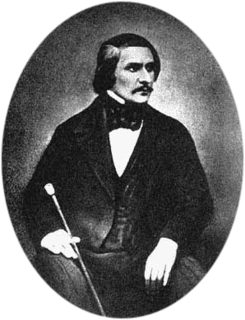A Quote by Francois de La Rochefoucauld
It is a mistake to imagine, that the violent passions only, such as ambition and love, can triumph over the rest. Idleness, languid as it is, often masters them all; she influences all our designs and actions, and insensibly consumes and destroys both passions and virtues.
Related Quotes
It is a mighty error to suppose that none but violent and strong passions, such as love and ambition, are able to vanquish the rest. Even idleness, as feeble and languishing as it is, sometimes reigns over them; it usurps the throne and sits paramount over all the designs and actions of our lives, and imperceptibly wastes and destroys all our passions and all our virtues.
It is difficult to say which is the greatest evil--to have too violent passions, or to be wholly devoid of them. Controlled with firmness, guided by discretion, and hallowed by the imagination, the passions are the vivifiers and quickeners of our being. Without passion there can be no energy of character. Indeed, the passions are like fire, useful in a thousand ways, and dangerous only in one--through their excess.
What a mistake to suppose that the passions are strongest in youth! The passions are not stronger, but the control over them is weaker! They are more easily excited, they are more violent and apparent; but they have less energy, less durability, less intense and concentrated power than in maturer life.
By directing our sentiments, passions, and reason toward the common human plight, imagination grants us the advantages of a moralexistence. What we surrender of innocent love of self is exchanged for the safeties and pleasures of belonging to a larger whole. We are born dependent, but only imagination can bind our passions to other human beings.
It is one thing to be delivered from bad thoughts, and another to be freed from the passions. Often people are delivered from thoughts, when they do not have before their eyes those things which produce passion. But the passions for them remain hidden in the soul, and when the things appear again the passions are revealed. Therefore it is necessary to guard the mind when these things appear, and to know toward which things you have a passion.

































